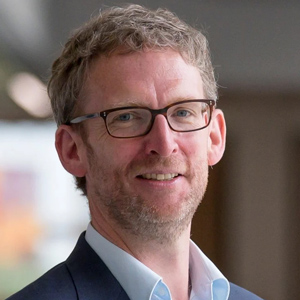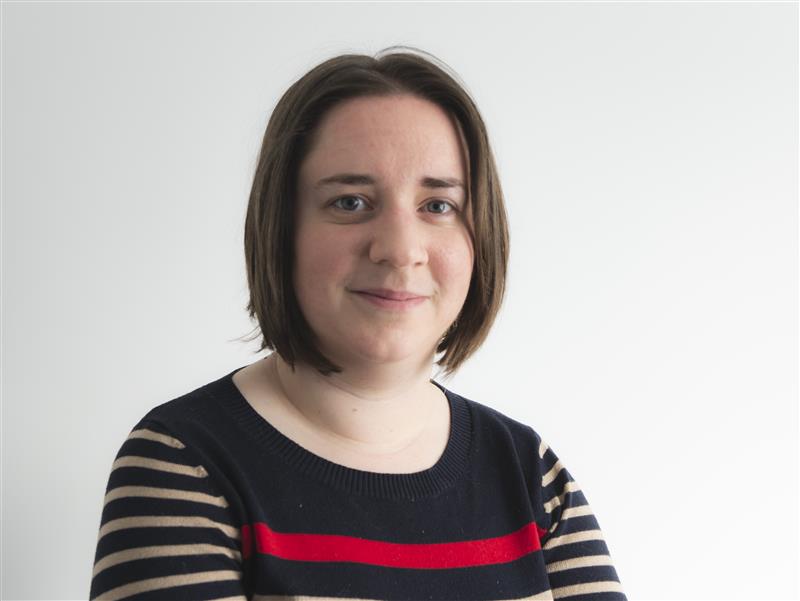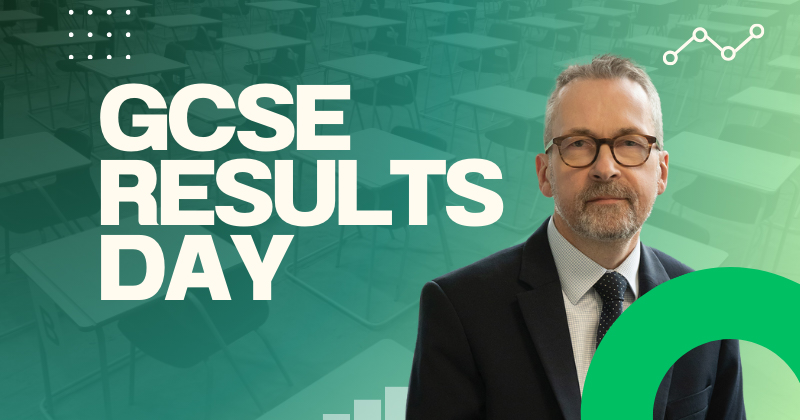Ofqual’s chief regulator has said he would be “disappointed” if the number of pupils switching from separate sciences to the double award GCSE continues to rise, but warned it was too early to “infer a trend”.
This week’s data shows there were around 10,000 fewer entries for GCSEs in biology, chemistry and physics and an increase of around 10,000 in entries to double science, which rolls all three subjects together and is worth two GCSEs.
Speaking to Schools Week, Sir Ian Bauckham said the figures showed a “small switch of about 10,000 students from triple science to double science. I don’t know what that indicates.
“The only thing I would say is that science is a very important subject and lays the foundation for A-level, and I think there is significant value in taking three separate sciences.
“So I would personally be disappointed if I saw a year-on-year fall in that, but one year’s data is not enough to infer a trend, obviously.”
‘Not much more content’ in separate courses
But Laura Daly, programme manager for education policy at the Royal Society of Chemistry, said the organisation is not “concerned” about the switches.
The RSC believes there is little difference between the two routes, despite “a long-standing perception that triple science or separate sciences is the better route”.
Aside from having separate teachers and perhaps more timetable time, “there isn’t much more content in the separate science course that would prepare them that much better for A-level,” Daly said.

OCR’s director of regulation Myles McGinley appeared to agree at a press briefing yesterday.
Exam board chiefs were asked if the switches to double science could threaten the number of pupils taking A-levels such as chemistry and biology.
But McGinley said “one of the key principles” of the development of the double award “was that it supports progression into A-level”.
“I think it does exactly that,” he said. “We’ve seen continued growth of those A-level sciences, and I would hope that that continues.”
Double award ‘not end of science journey’
The number of pupils in England taking A-level chemistry rose by more than 1.6 per cent this year and physics by 4.2 per cent. However biology entries fell by 4.2 per cent.
Clare Harvey, chief executive of charity the Ogden Trust, which works to increase the uptake of physics, highlighted a lack of specialist teachers and said this could be reducing schools’ capacity to offer triple science, which is often taught by separate teachers.
A report by NFER last month found that at least 600 secondary schools – more than one-quarter of its sample – had no specialist physics teacher in the science department. A further 659 had just one.
But she stressed: “Not doing triple science doesn’t need to be the end of your science journey. Schools should be advocating to their double sciencers that they can take science A-levels.”
Schools pushing pupils towards double science?
Daly said schools could be encouraging pupils to take double science GCSE instead of separate sciences for a number of reasons.

One is that schools may be “gatekeeping” triple science for higher achieving pupils, she said. Schools looking to get certain grades for certain sets of pupils “might want to put people through what they perceive to be an easy route, even though it’s not in reality”.
This could in turn give “the impression to that young person that maybe they’re not very good at science [when] actually they’re perfectly able to do it”, she said.
Daly said funding pressures could also be a factor, with triple science requiring more practical tasks. “We’ve seen in our survey that the cost of consumables and equipment is a challenge.” Entry for triple science is also more costly than entry for double science.
The RSC is among bodies calling for the dual pathway to be abolished, and replaced by a single route, to help bring more equity.
This should take the form of a hybrid of the two current options, they propose.
Pupils would have three separate teachers and separately timetabled sciences, but it would take the place of two GCSEs instead of three, taking up less time and allowing for “a broader, balanced curriculum”.
Fall in language entries ‘disappointing’
Today’s data also shows that although entries to Spanish GCSE increased, they decreased for both French and German GCSE. It comes after languages saw a similar trend at A-level.
Bauckham, a former languages teacher who led the government’s reforms of language GCSEs, said the “net fall” in entries was “disappointing, clearly.
“I think languages are an important part of the curriculum, and personally, I would be glad if that trend stabilised and hopefully reversed at some point in the future.”
But there are some positives in the entries data. GCSE statistics entries increased by 5 per cent.
Bauckham said that, “if you glance across what’s happening at A-level and look at the rise in interest in maths, further maths and physics, you might assume that there was a rising interest in subjects of that sort amongst in the 14 to 18 age range”.







Wait til he hears about the Yorkshire trust shouting loudly about their year on year much improved results where they changed over from AQA to a widely accepted much easier English course = instant improvement in results!